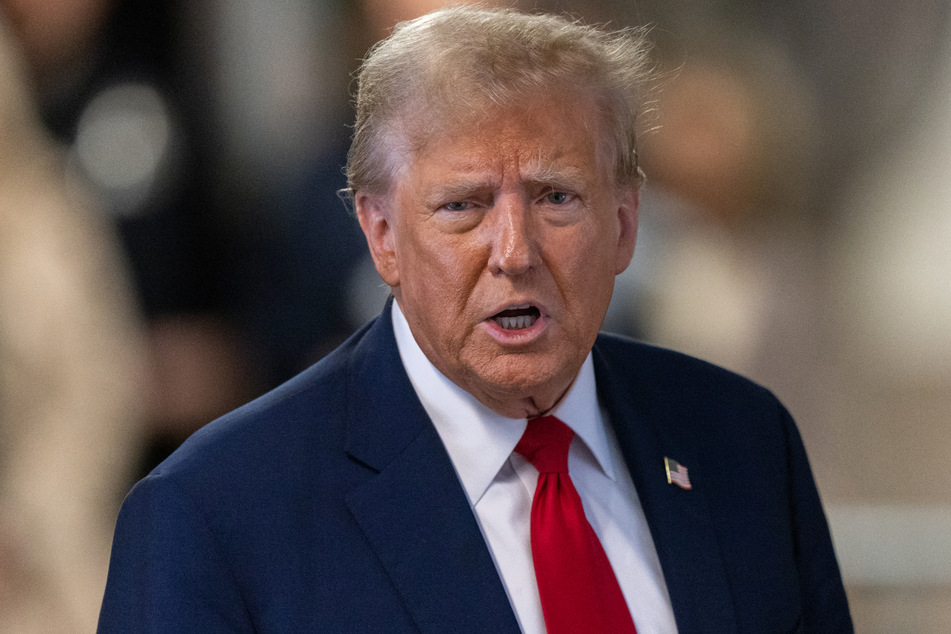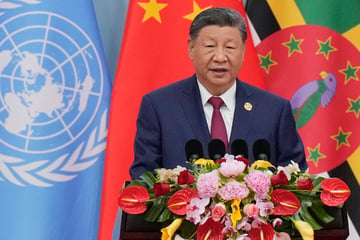Open internet rules scrapped by Trump administration reinstated
Washington DC - The US Federal Communications Commission voted on Thursday to reinstate tougher rules to guarantee open access to the internet, reversing a decision made during the Trump administration.

"This agency, the nation's leading communications authority, believes every consumer deserves internet access that is fast, open, and fair," said FCC chair Jessica Rosenworcel ahead of the vote.
The rules bring back government oversight for internet providers by classifying broadband as a utility-like service, regulated like water and phone companies.
The commission voted 3-2 along party lines to reinstate the open internet rules that were originally adopted in 2015.
"These net neutrality policies ensure you can go where you want and do what you want online without your broadband provider making choices for you," Rosenworcel added.
"They make clear your broadband provider should not have the right to block websites, slow services, or censor online content," she said.
Under president Donald Trump, after a politically-charged debate, the FCC scrapped the order.
FCC restores net neutrality policies
Backers of net neutrality argue the rules, which were challenged in court, prevented powerful internet providers like Comcast and AT&T from shutting out rival services and creating "fast" and "slow" lanes for online services.
But others worried that such rules were a heavy-handed effort to reclassify internet providers as utilities, which could discourage investment in the fast-evolving sector.
Under Trump, the FCC said the change in the approach to net neutrality taken by the FCC was part of a return to "a light-touch regulatory framework."
Cover photo: POOL / GETTY IMAGES NORTH AMERICA / Getty Images via AFP
